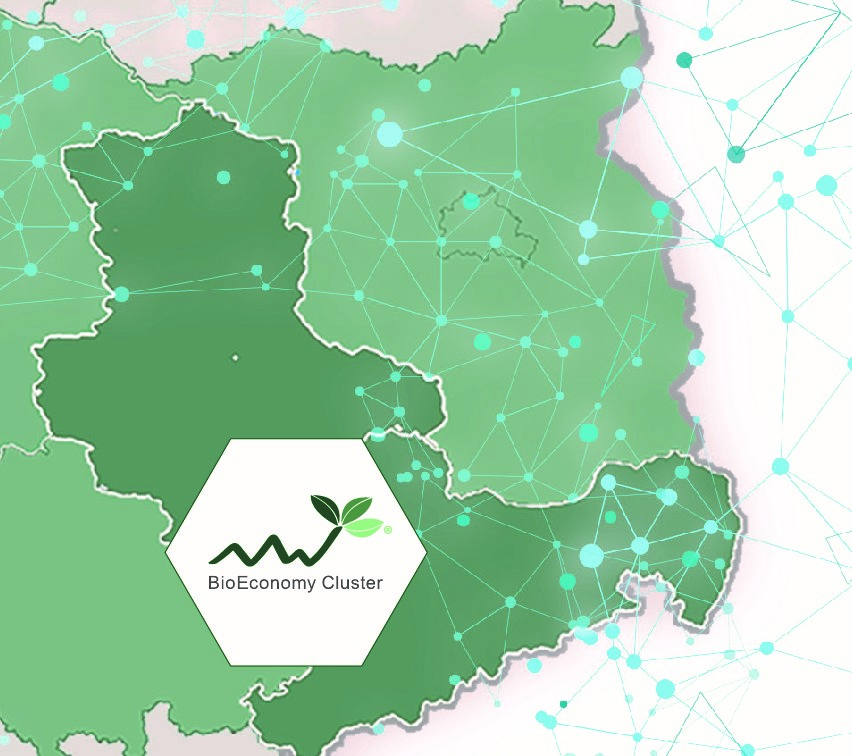On 03.07.2020, the German Bundestag and Bundesrat approved the laws on the phasing-out of coal and on the structural strengthening of the regions affected by the coal phase-out.
The most important projects in Saxony-Anhalt include: (Source: Joint press release on the lignite phase-out)
- Development of a BioEconomy Hub as a centre for sustainable chemistry in Central Germany
- Development of an integrated innovation and translation campus for digitisation in medicine and care in southern Saxony-Anhalt (headquarters in Halle)
- “Digitalisation Offensive Central German Region Saxony-Anhalt”, i.e. the promotion of fibre-optic, LTE and 5G expansion in the area as well as 5G campus networks in business parks and industrial estates
- The improved rail connection of the district to the city of Leipzig and the university location Merseburg, inter alia through the expansion of the lines Leipzig -Pegau -Zeitz -Gera and Leipzig -Markranstädt -Merseburg/Naumburg
During the last weeks and months, the BioEconomy e. V. worked closely with the State Chancellery of Saxony-Anhalt on the project to establish the model region BioEconomy. One of the main topics was the planning of a BioEconomy Hub (central node of the bioeconomy) in Leuna.
On friday, with the passing of the Structural Support Act, the foundation stone for this important step towards strengthening the Central German region was laid, because for Saxony-Anhalt, the bioeconomy is a future-oriented industry with high design and growth potentials. The establishment of the Finnish company UPM as a forward-looking company in the wood-based bioeconomy at the Leuna chemical site with a world’s first bio-refinery for processing beech wood and the associated further settlement activities have impressively demonstrated this.
The planned BioEconomy Hub is intended to ensure the provision and project-related operation of industrial-suited facilities for biotechnological processes including production personnel at a central industrial site. This is intended to offer start-ups and young companies in the bioeconomy the opportunity to produce on a small scale and yet at low cost in a “shared economy” in order to conquer their markets or develop their technologies to industrial maturity. The aim is to establish economic growth cores in the direct industrial environment that build and expand biobased value chains. In addition, long-term goals are being pursued to expand the portfolio of locations in order to attract further large bioeconomy settlements and establish Central Germany as a global hot spot of the bioeconomy.


 Deutsch
Deutsch

